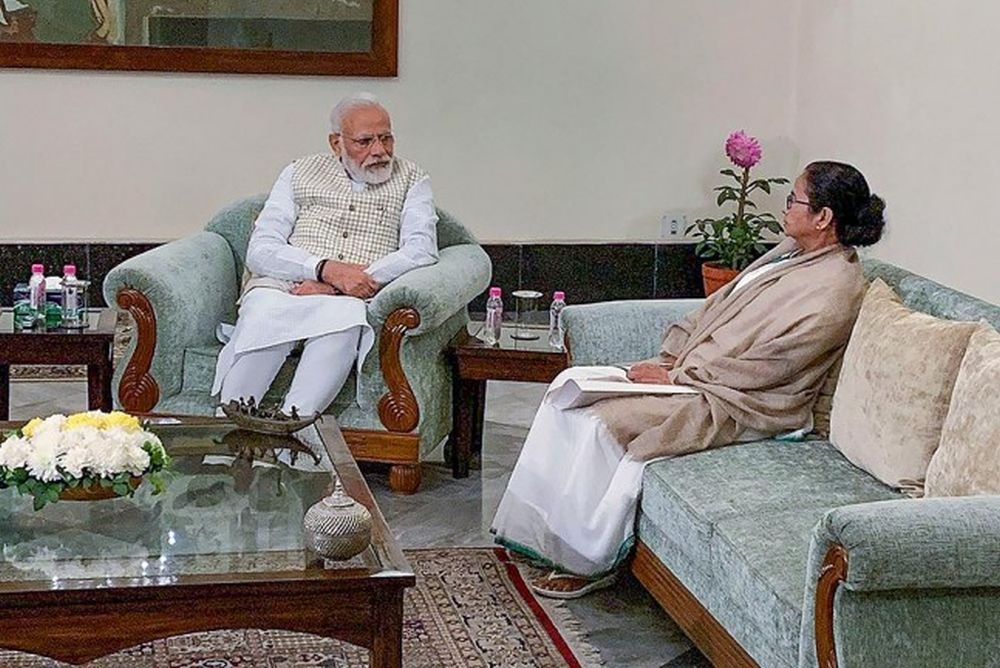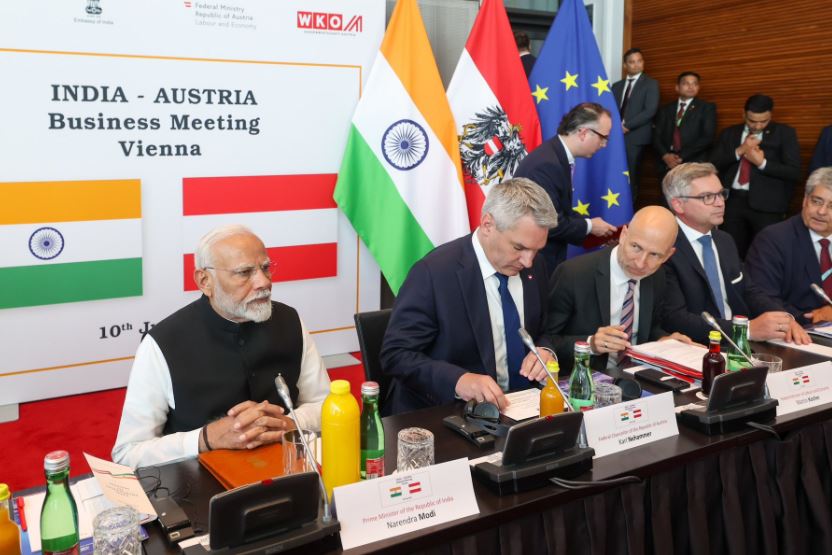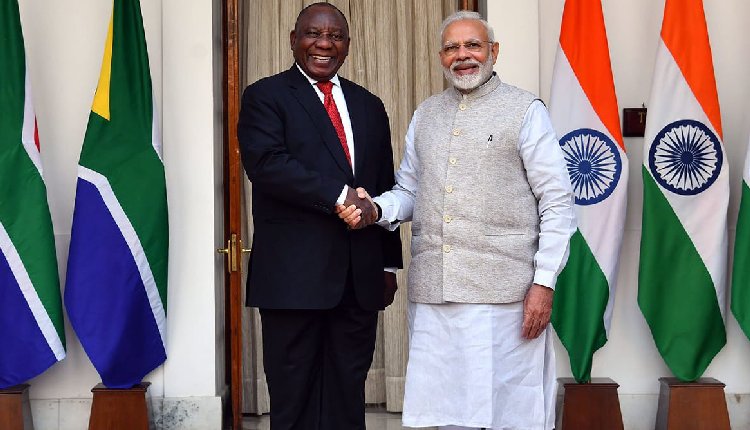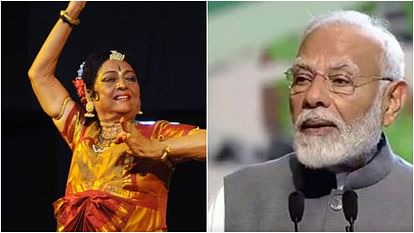Kolkata: West Bengal Chief Minister Mamata Banerjee has written to Prime Minister Narendra Modi, expressing her objections to the ongoing water-sharing talks between the Centre and Bangladesh—a discussion from which Bengal was excluded. Rejecting the Centre’s proposal to share Teesta water with Bangladesh, she stated, “Such unilateral deliberations and discussions without consultation and the opinion of the state government are neither acceptable nor desirable.”
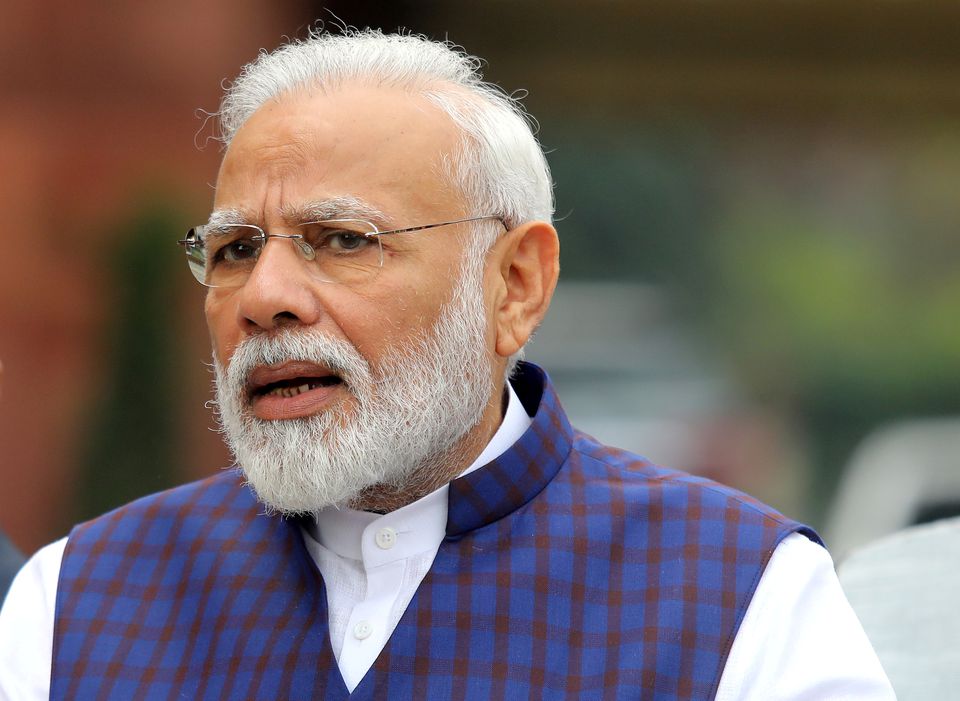 The discussions on sharing Ganga and Teesta waters occurred over the weekend during the visit of Bangladesh Prime Minister Sheikh Hasina to Delhi, shortly after she attended Prime Minister Narendra Modi’s oath ceremony for his historic third term.
The discussions on sharing Ganga and Teesta waters occurred over the weekend during the visit of Bangladesh Prime Minister Sheikh Hasina to Delhi, shortly after she attended Prime Minister Narendra Modi’s oath ceremony for his historic third term.
“I understand that the Government of India is in the process of renewing the India-Bangladesh Farakka Treaty (1996), which is set to expire in 2026. This treaty outlines the sharing of water between Bangladesh and India and, as you are aware, has significant implications for the people of West Bengal,” Banerjee wrote. She emphasized that the people of Bengal would be the “worst sufferers” of such treaties.
“The state of West Bengal has cooperated with Bangladesh on several issues in the past,” Banerjee added, citing examples such as the exchange of India-Bangladesh enclaves, the Indo-Bangladesh Railway Line, and bus services. “However, water is very precious and is the lifeline of the people. We cannot compromise on such a sensitive issue which has severe and adverse implications for the people.”
She further expressed surprise at the lack of concrete steps taken by the Ministry of Jal Shakti to restore the Teesta River on the Indian side, despite the Government of India’s proposal for bilateral cooperation with Bangladesh to restore the river in Bangladesh. “It seems that in the meeting, the Government of India has proposed bilateral cooperation between India and Bangladesh for the restoration of Teesta in Bangladesh. I am surprised by the fact that no concrete steps have been taken by the Ministry of Jal Shakti to restore the river in its original form and health on the Indian side,” she wrote.

